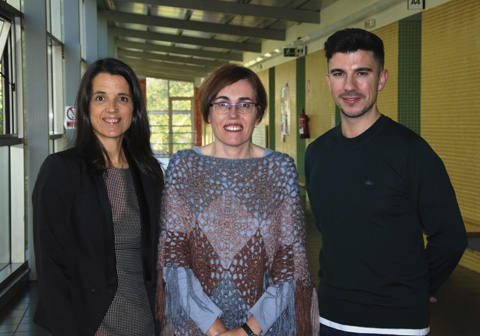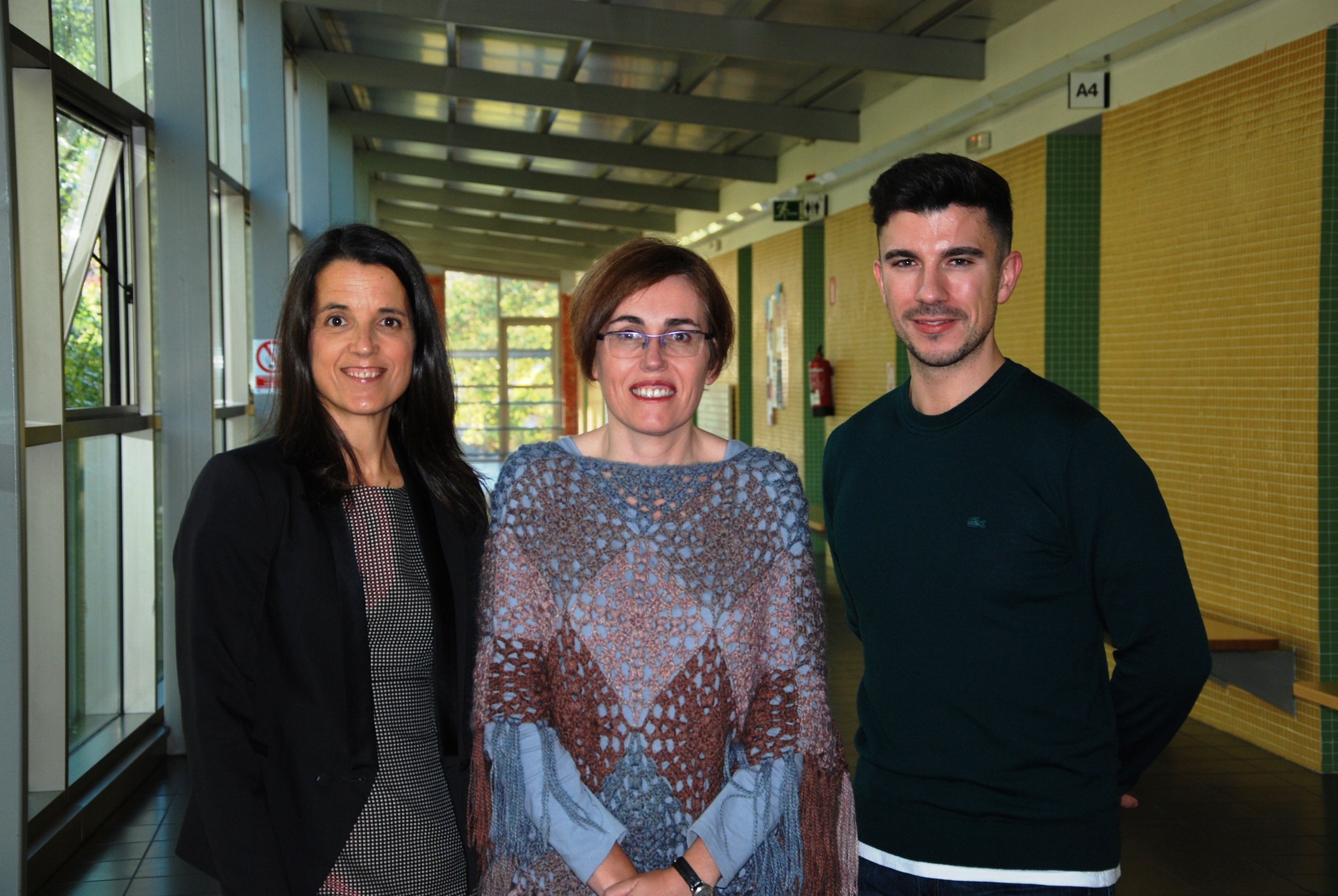Aitor Calvo-Turrientes, winner of the prize for End-of-Degree Project in Sustainability in 2015 awarded by the Faculty of Economics and Business of the UPV/EHU-University of the Basque Country in Vitoria-Gasteiz, is the author of the paper ‘The valuation and purchase of food products that combine local, regional and traditional features: The influence of consumer ethnocentrism’, published recently by the prestigious journal Food Quality and Preference. The paper comes within a line of research on the importance of origin in the decision to purchase food products by the consumer and is partly based on his End-of-Degree Project.
Effects of ethnocentrism on consumers
Winner of the prize for End-of-Degree Project in Sustainability 2015, Aitor Calvo-Turrientes is the author of a paper published in the journal Food Quality and Preference
- Research
First publication date: 23/11/2017

The concepts of local product, regional product, and traditional product have been addressed by the literature as if they were independent. Yet in practice these concepts are interrelated in many food products. The paper published now aims to resolve two key questions: firstly, to find out the valuation of food products that combine the features of local, regional and traditional products through the analysis of specific product brands; secondly, to explore the possible link between the degree of consumer ethnocentrism and valuation and the effective purchase of local-regional-traditional brands.
Ethnocentrism is a concept coined by anthropology to define the emotional tendency to make one’s own culture the exclusive criterion to interpret the behaviour of other groups, races or societies and by virtue of that, to reject, exclude or marginalise anything that is not part of it. In this respect, and applied to the consumption of local, regional and traditional products, we could speak about people being predisposed to consuming foods of this type rather than others of a different origin.
Most of the previous studies present the consumer with the valuation and purchasing intention of local or traditional products, but on a general, abstract level that does not allow the surveyee to assess a specific brand that he/she might find available on the market and which he/she could in fact consume. “We believe that an important contribution of this work is the level of analysis chosen. In other words, it analyses specific brands within different categories of products in two different geographical areas in Spain,” explained Aitor Calvo-Turrientes.
To conduct the analysis, four products with designation of origin were considered. They all combined the features attributed to local-regional-traditional products: PDO Queso Idiazabal, PDO Rioja (Rioja Alavesa), PDO Torta del Casar and PDO Dehesa de Extremadura. For the study, a sample of Basque and Extremaduran consumers responded to a set of questions relating to the valuation and purchase of these products as well as to their ethnocentric tendencies.
“The results show that these products are highly regarded by consumers who purchase them to a major extent over other alternatives. Furthermore, the levels of consumer ethnocentrism are seen to be related, on occasions, but not always, with the effective purchase of these local-regional-traditional brands, which highlights the need to include the product category in the analysis of the effects of consumer ethnocentrism,” concluded the researcher.
Further information
Aitor Calvo-Turrientes is the author of the paper ‘The valuation and purchase of food products that combine local, regional and traditional features: The influence of consumer ethnocentrism’, which he produced together with a group of researchers from three Spanish universities: Pilar Fernández-Ferrín and Miren Artaraz-Miñón of the UPV/EHU-University of the Basque Country, Belén Bande of the University of Navarre, and Mercedes Galán-Ladero of the University of Extremadura. The paper comes within the framework of a line of research on the importance of origin in the decision to purchase food products by the consumer and is partly based on his End-of-Degree Project, which won the prize for End-of-Degree Project on Sustainability 2015.
Bibliographic reference
- The valuation and purchase of food products that combine local, regional and traditional features: The influence of consumer ethnocentrism
- Food Quality and Preference
- DOI: 10.1016/j.foodqual.2017.09.015







